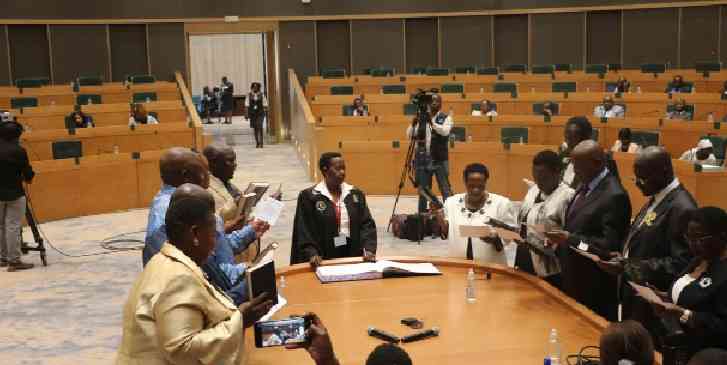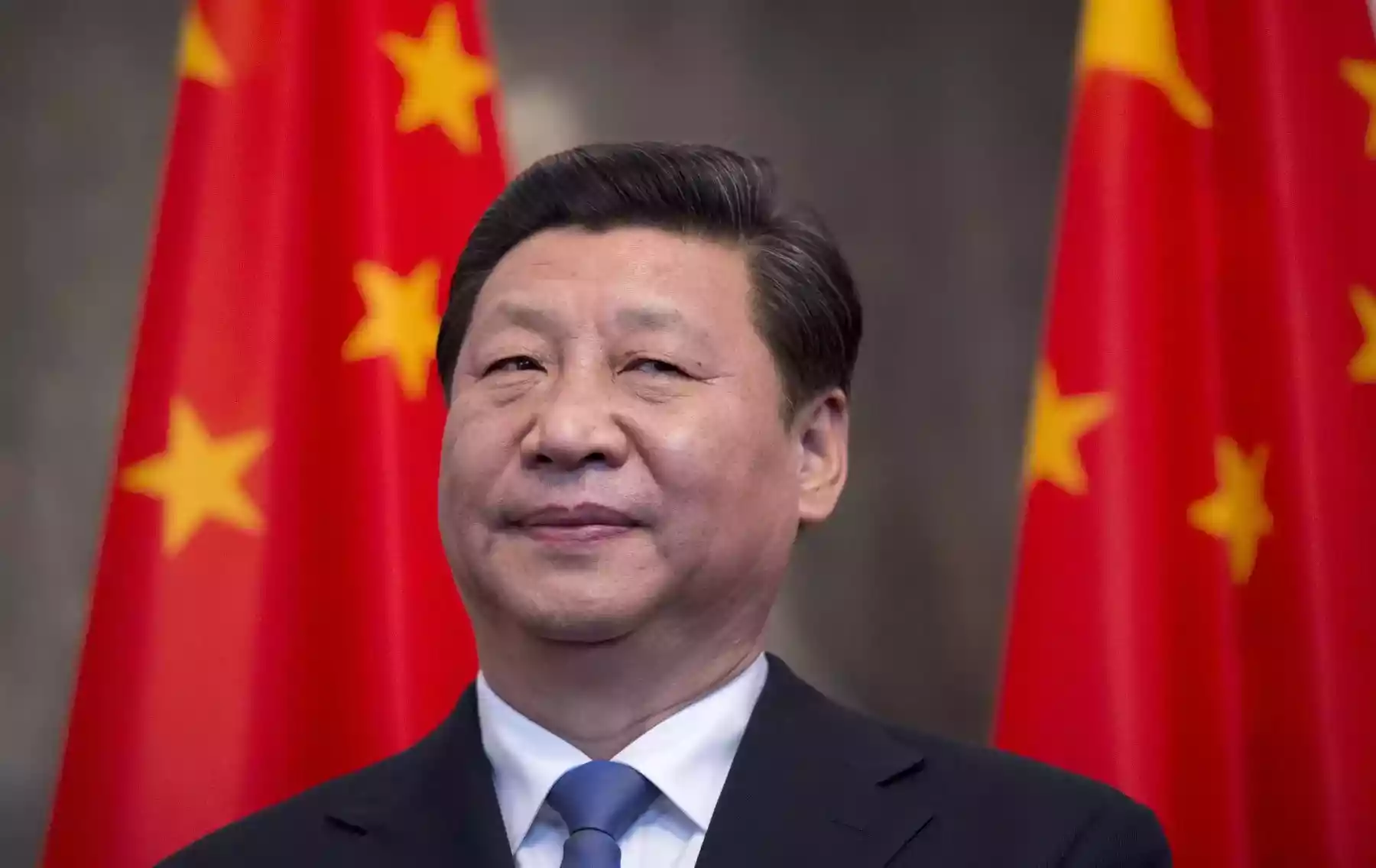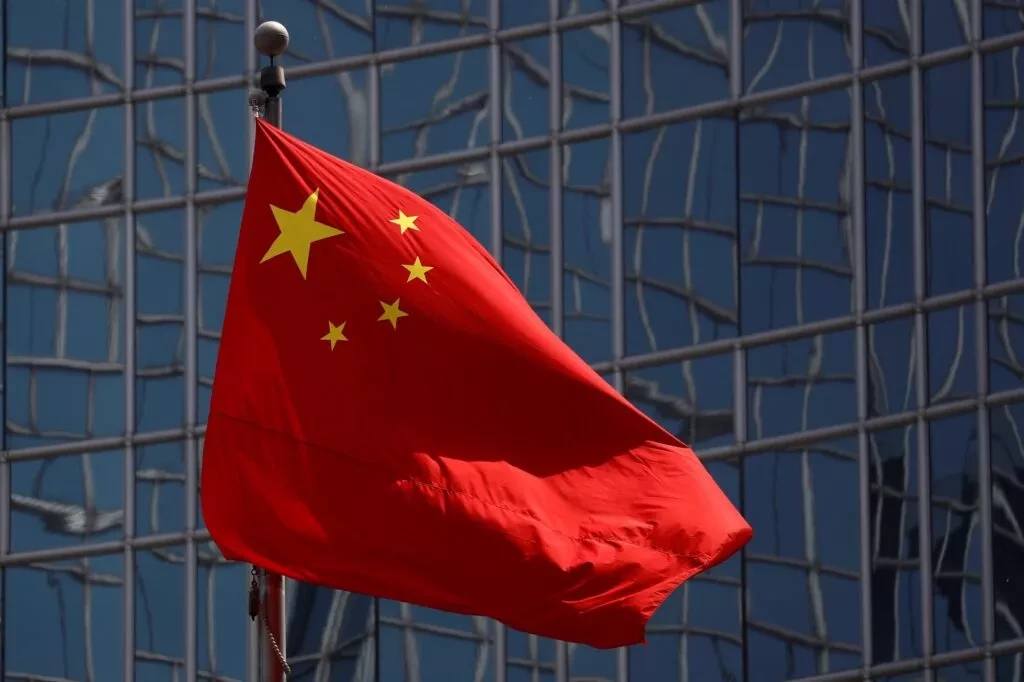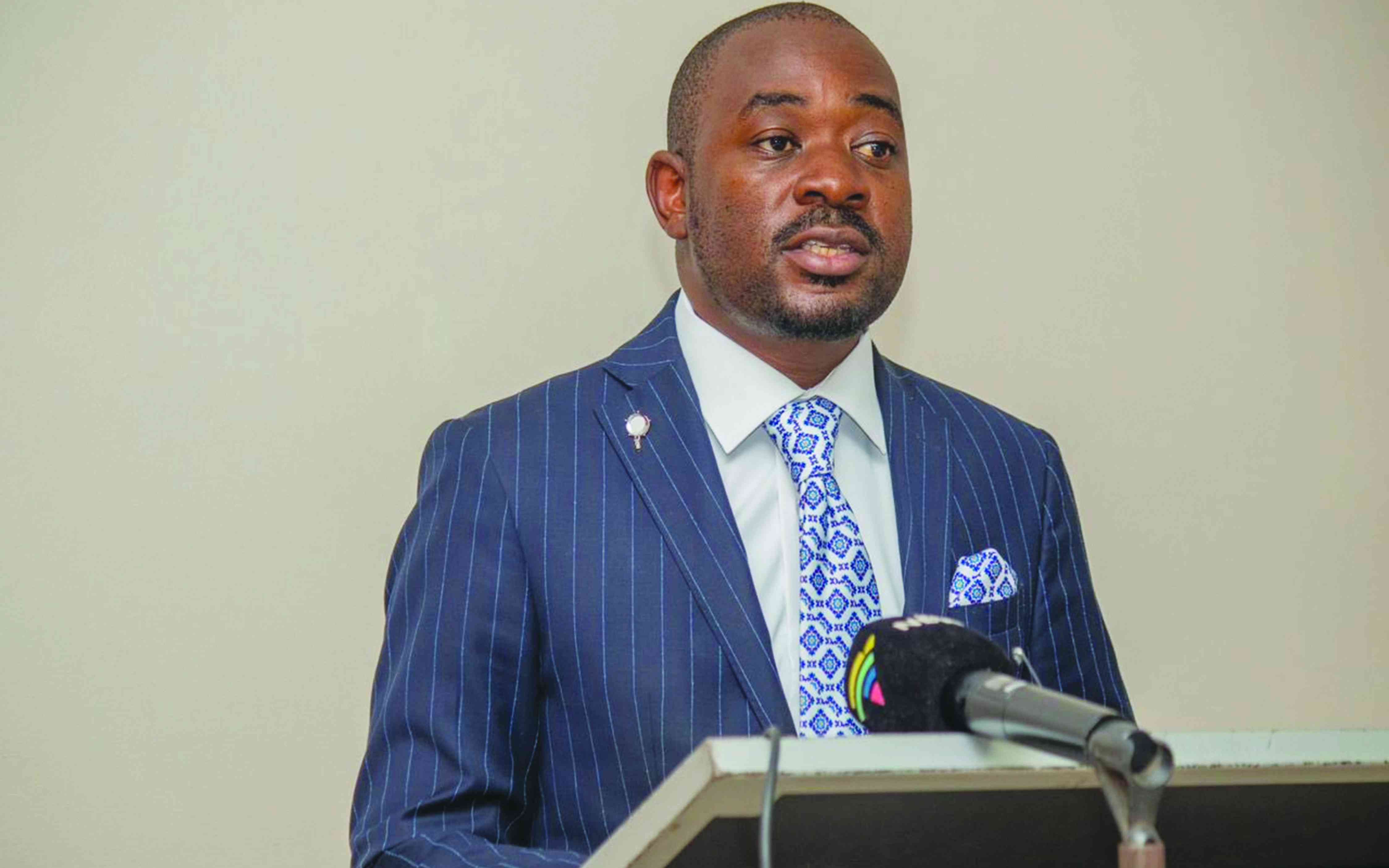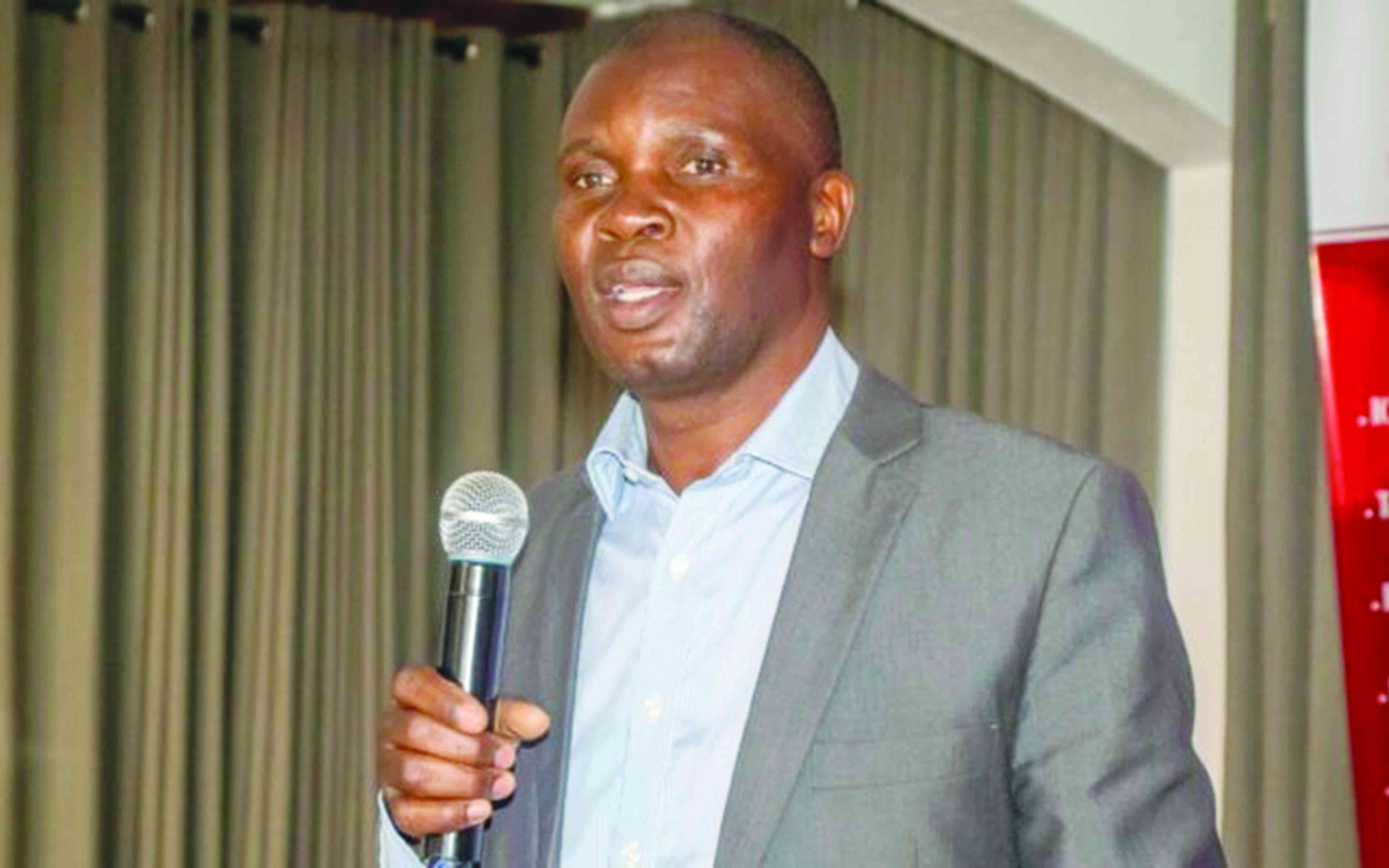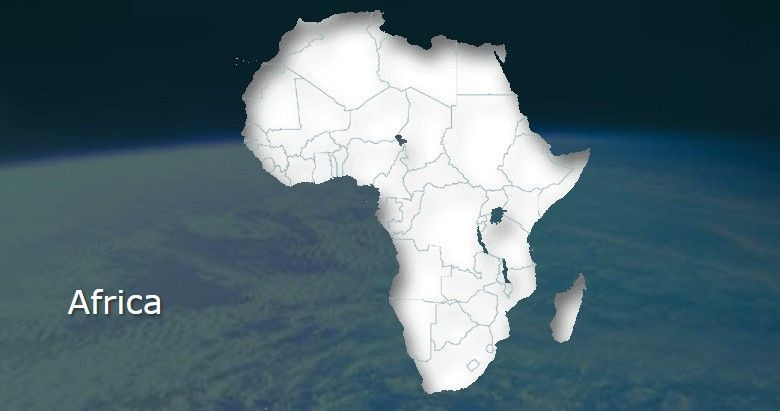
THE United Nations General Assembly high-level week is often dismissed as a stage for lofty speeches, diplomatic choreography and recycled promises. But this year, Africa spoke not with the voice of a continent pleading for aid or recognition.
It was the voice of a continent demanding partnership, rethinking the rules of development, and offering bold solutions to crises that threaten the entire planet.
From new technology partnerships to calls for a reframing of the sustainable development goals (SDGs), addressing the ancient structures of the UN councils. Africa made it clear the world’s future is tied to Africa’s.
Ignore this reality, and global development, climate resilience and even peace will remain elusive.
For decades, Africa has been positioned as the junior partner in global affairs, a continent to be saved rather than empowered. That narrative is shifting. At UNGA High-Level Week, one key announcement was the partnership between the International Telecommunication Union (ITU), Google, and musician-entrepreneur will.i.am.
The collaboration is aimed at bridging Africa’s digital divide by expanding connectivity and training, while also laying the foundations for new digital economies.
The symbolism was strong technology companies and global institutions partnering with Africa not simply as a recipient, but as a co-creator of solutions.
But symbolism alone is not enough. Africa’s leaders were clear that partnership must mean real investment, technology transfer, and local ownership. Too often, big announcements at UNGA have collapsed into token gestures that leave Africa more dependent than before.
- Zim heading to UNGA summit with dirty hands
- Mr President, what message do you have for diasporan Zimbos at UNGA?
- Govt pledges US$1m to Global Fund
- Govt mulls bond for diasporans
Keep Reading
The new partnerships must break that cycle. If successful, they could help Africa unleash its greatest asset a youthful population ready to innovate, build, and compete on the world stage.
The halfway point to 2030 has made one thing painfully obvious — the sustainable development goals are off-track. For Africa, where poverty, hunger, and inequality remain entrenched, this truth is particularly stark.
But rather than reject the SDGs, African voices at UNGA argued for a new perspective. The goals, designed in 2015, did not fully anticipate the disruptions of climate change, pandemics, technological inequality, or the debt crisis now crippling many African economies.
The SDG’s must evolve. This means adding priorities such as digital inclusion, climate resilience, and data equity. It also means financing mechanisms that do not saddle African countries with unsustainable debt, but instead unlock growth through fair investment.
The world cannot keep measuring Africa’s development against donor-driven metrics while ignoring the continent’s own innovations. Whether through digital health systems, green energy startups, or fintech revolutions, African entrepreneurs are already reshaping development from the ground up. The SDGs should recognise and amplify these realities, not stifle them under the weight of outdated frameworks.
In agriculture, digital platforms are enabling smallholder farmers to access real-time weather data, connect with markets, and increase yields in the face of climate stress. In finance, Africa’s mobile money ecosystem has shown the world how innovation can leapfrog traditional systems.
The next frontier is artificial intelligence. Africa cannot afford to be a passive consumer of AI systems built elsewhere, with foreign values baked into their algorithms.
Readiness means more than connectivity: it requires investment in local data infrastructure, training in AI skills, and ethical frameworks rooted in African realities.
The call was made for a continental strategy on AI, one that positions Africa not just as an adopter but as a global thought leader. With its youthful population and unique challenges, Africa could shape AI in ways that serve humanity more broadly — creating technologies that are equitable, inclusive, and life-affirming.
Perhaps the most groundbreaking presentation was the launch of GaiaVerse, a platform that uses AI, big data, and Earth observation to triage the world. By harnessing satellites, sensors, and machine learning, the platform will triage the world’s climate crisis — predicting droughts and floods, helping farmers adapt, tracking deforestation, and providing negotiators with real-time climate data. The implications are enormous.
For African farmers, it means more resilience and fewer crop failures. For global climate diplomacy, it means Africa can come to the table armed not with pleas, but with data — and data is power.
Security was another central theme at UNGA. Kenyan President William Ruto positioned spoke of new “security concoctions” to deal with conflict in Sudan, the Sahel, and beyond.
But Ruto’s words rang hollow to many observers. While he spoke in New York, the shadow of 300 Kenyans killed during tax protests raised questions on the credibility and integrity of his statements.
The paradox is stark: Can African leaders credibly export security solutions when domestic governance is so fragile? Surely security begins at home. True leadership is not about dispatching troops abroad; it is about protecting citizens’ rights, ensuring justice, and providing economic security.
Without this foundation, Africa’s global peacekeeping ambitions risk being dismissed as political theatre.
Africa must raise its governance so that the continent can take its place as a formidable partner. Additionally, this requires structural change. Africa spends more on debt servicing than on health and education combined — a reality that undermines any hope of meeting the SDGs.
Debt restructuring, fairer lending terms, and greater access to capital markets are urgent. On climate, Africa contributes the least to emissions but suffers the most. It is calling for climate finance that is just, predictable, and accessible.
On trade, Africa wants to be part of global value chains for the green transition, leveraging its vast reserves of lithium, cobalt, and platinum not just for export, but for industrialisation at home.
The message is clear — the world ignores Africa at its own peril. By 2050, one in four people on Earth will be African.
The continent holds the minerals that power the green transition and the youngest workforce in the world. Africa is not the problem; it is the key to solving global challenges.
The UNGA High-Level Week showed that Africa is the agenda — on digital innovation, on AI readiness, on climate solutions, and on new visions for security and development.
However, much relies on the integrity of its leaders. The contradictions between bold speeches abroad and fragile governance at home cannot be ignored.
Citizens across the continent are demanding that the promises of partnership, innovation, and dignity translate into real change in their daily lives.
Mutambasere is a development economist at the Africa Centre for Economic Justice, a thought leadership platform advocating for equitable technological and economic solutions across the continent.

